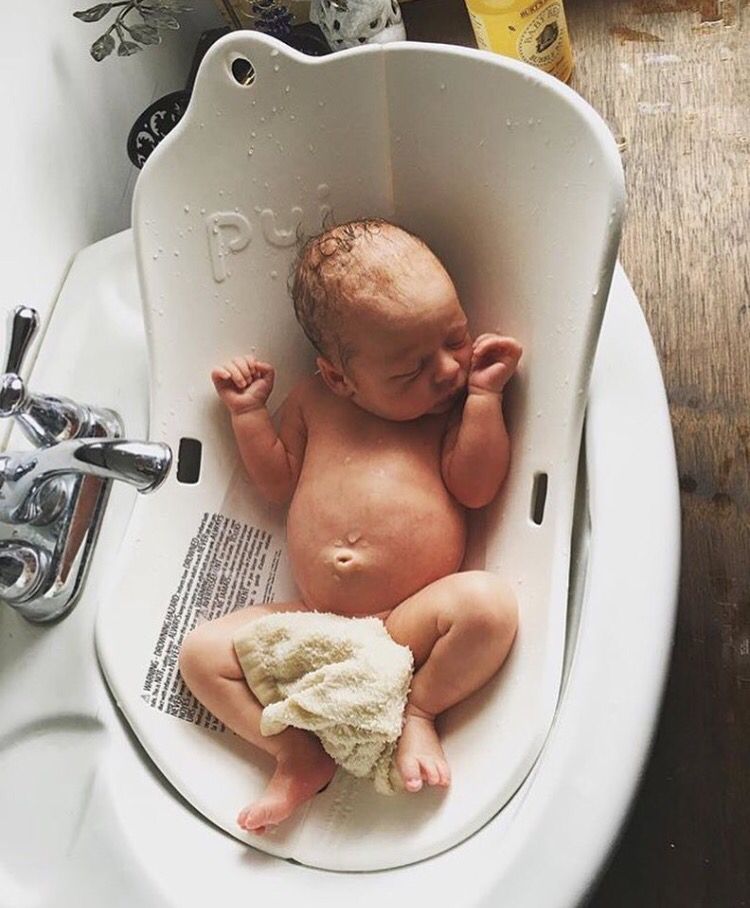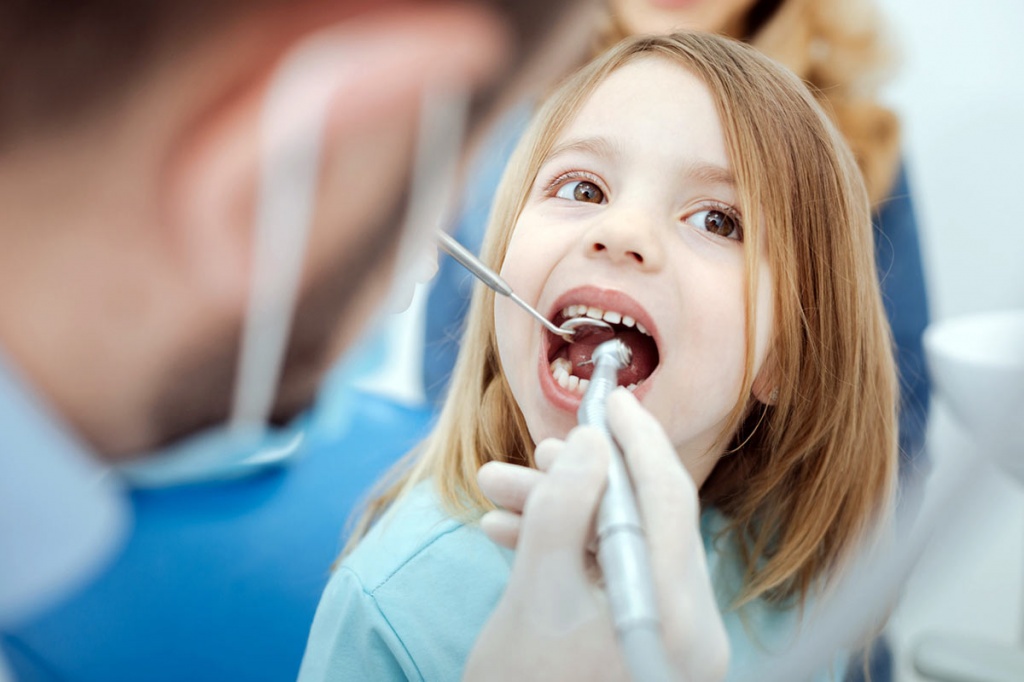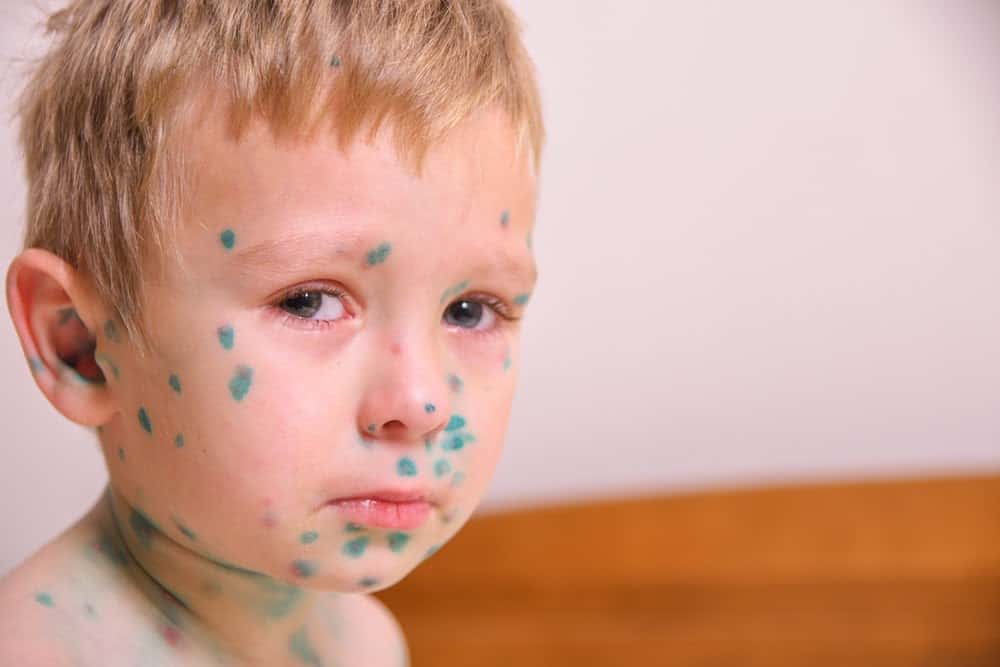Newborn in water
Why Can't Babies Have Water? About the Risks and When It's OK
It’s a bright, sunny day outside, and your whole family is feeling the heat and guzzling water. Your newborn surely needs some hydration, too, right?
Yes, but not of the H2O variety. Your little one — if under 6 months old — should be receiving both nutrition and hydration from breast milk or formula, not water.
You probably know this, but you might not know why. It’s because babies’ bodies aren’t suited for water until several months after birth. Tiny tummies and developing kidneys put them at risk for both nutrient loss and water intoxication. Here’s the scoop.
Baby tummies are quite small. In fact, at birth, a baby’s belly only holds about 1 to 2 teaspoons, or 5 to 10 milliliters (mL)! Clearly, it does empty fast — which is why your babe needs so many feedings in a 24-hour period — but you want to fill that little tummy with nutrient-rich breast milk or formula.
So it makes sense that one risk of giving your baby water is that you’ll be filling their belly with a really quite useless substance (at least to a baby) and leaving no room for those vitamins, minerals, fat, and calories so crucial for growth and development. This can cause serious problems.
Baby’s tummy does grow over the first 6 months of life, but it’s pretty gradual. By the time they’re 1 month old, their stomach capacity is about 2.7 to 5 ounces (80 to 150 mL). By 6 months — when you can introduce little sips of water — they can generally hold about 7 ounces (207 mL) at a time.
Even between 6 months and 1 year of age, the amount of water you give your baby should be very limited. It’s more for them to get the taste and experience of water rather than for any real medical purpose like hydration. After all, formula and breast milk are very hydrating — and also give your little one what they need to grow and thrive.
Another very serious risk of giving babies water before they’re ready is water intoxication.
Hold the front door. Water — toxic?
Absolutely. In fact, water can be toxic to anyone if drunk in large quantities. But unsurprisingly, “large” is very relative to size and age here. An adult with healthy kidneys, for example, would have to drink several liters in a short period of time to get to the point of water intoxication.
That said, it does happen to people, particularly soldiers and athletes, who tend to be in situations where they can become dehydrated quickly and then overcompensate.
In short, when the kidneys are given more water than they can handle, the excess water ends up in your bloodstream. This dilutes the fluid in your bloodstream and lowers the concentration of important electrolytes, like sodium. Too much dilution and you’re at risk for hyponatremia, which literally means too little (hypo) salt in the blood (natremia).
And baby kidneys can’t handle as much water as adult kidneys — not by a long shot. In addition to being much smaller than an adult’s kidneys, a baby’s kidneys are also not as developed. So they can’t process as much water at a time.
So giving a baby younger than 6 months even a moderate amount of water in a short period of time can lead to hyponatremia, which at its most dangerous can cause brain swelling and even death. In fact, because the brain is still developing as well, the swelling can happen more easily in an infant with hyponatremia than in an adult with hyponatremia.
A dangerous equation
Remember: Tiny tummy + immature kidneys + developing brain = Avoid giving babies water until they are 6 months of age
The thing is, most parents aren’t filling bottles with water and giving them to their infants.
The risk comes from things that you might not even give a second thought.
For example, while many swimming schools don’t offer lessons to babies under 6 months, some will start them as young as 4 months. There’s nothing inherently wrong with introducing a baby to the pool if it’s done safely — but without the proper precautions, babies can swallow pool water and experience water intoxication as a result.
Another seemingly harmless act that can lead to trouble is diluting formula or breast milk. Going back to our hydration scenario, it might seem to make sense to mix more water into your baby’s formula powder on a hot day. But don’t do this — it deprives baby of nutrients and can also lead to them getting more water than their kidneys can handle.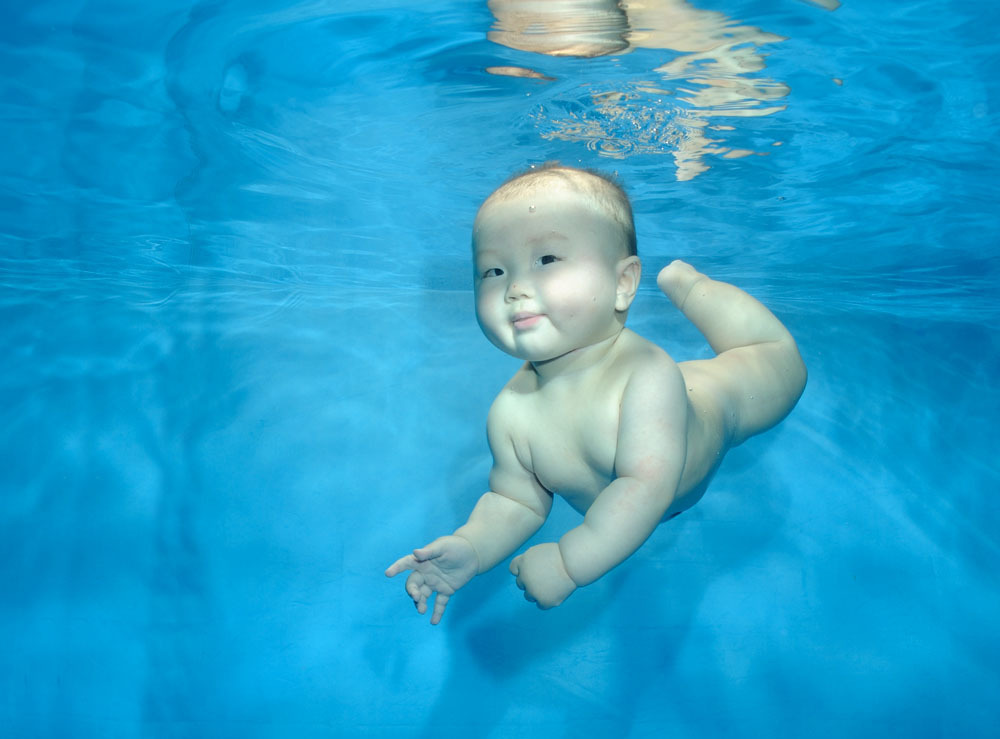
Because formula and breast milk are calorie rich, they stay in the body longer rather than overwhelming the kidneys. As a nice side effect, staying in the body longer also means they’re good at keeping your little one hydrated — no extra water needed.
At around 6 months of age, it’s OK to introduce small amounts of water — we’re talking on the teaspoon or tablespoon scale, not the full-bottle scale. It’s a good time to start introducing the concept that thirst can be quenched with water, but your baby’s main source of hydration (not to mention nutrition) should continue to be breast milk or formula.
Most babies will see water as a sort of novelty at this age and still prefer their milk. Some might even balk at the taste and make a face, especially if they were expecting something else! That’s OK — this will change.
By 1 year old, your baby — who’s just about a toddler, if you can believe it! — can have water in larger quantities as they want it, along with cow’s milk and a nutritious diet.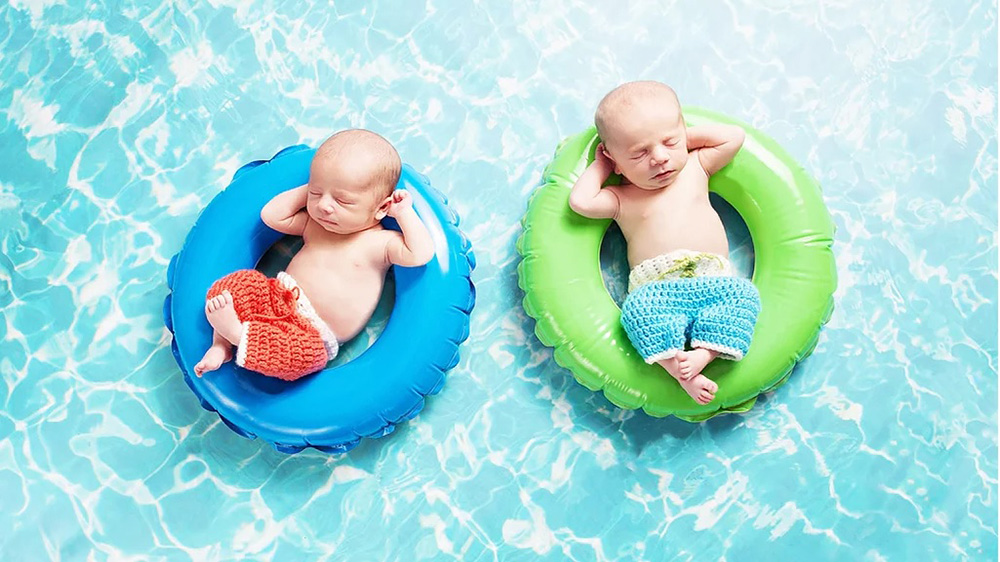
Related: When can baby drink water?
Talk to your pediatrician if you have any concerns about your baby’s hydration or their readiness for water. Depending on if your baby was born prematurely or has certain health conditions, your timeline for introducing water may vary.
In addition, if your baby shows any of these signs of water intoxication, head to the hospital immediately:
- inconsolable crying
- vomiting
- lethargy
- seizures
- tremors
Fortunately, parents are usually aware — by word of mouth or from their pediatrician — that they shouldn’t give young babies water. But now you also know the why behind the guideline.
Why Can't Babies Have Water? About the Risks and When It's OK
It’s a bright, sunny day outside, and your whole family is feeling the heat and guzzling water. Your newborn surely needs some hydration, too, right?
Yes, but not of the H2O variety. Your little one — if under 6 months old — should be receiving both nutrition and hydration from breast milk or formula, not water.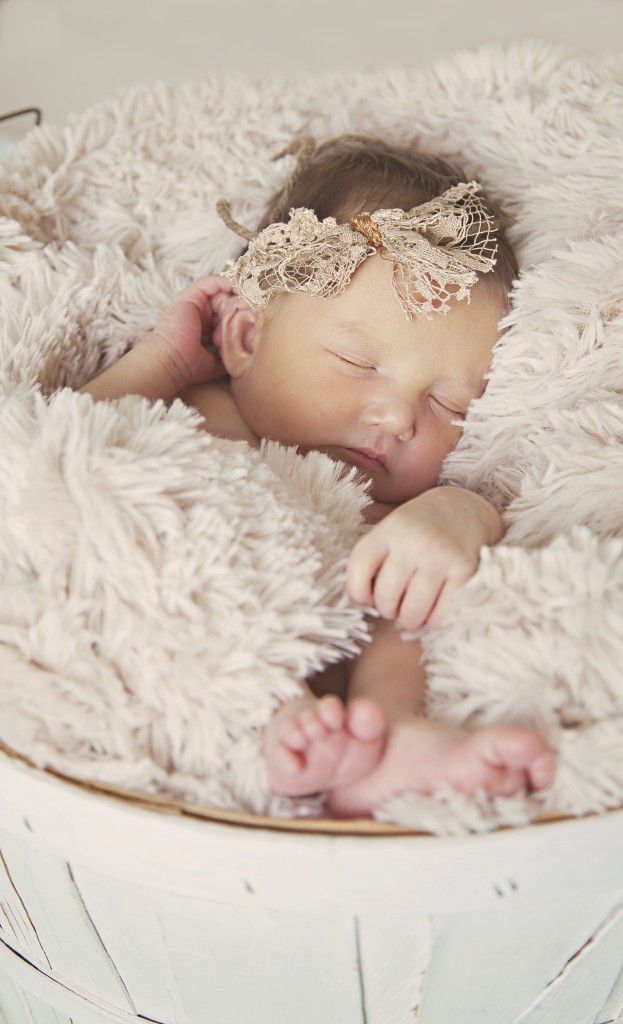
You probably know this, but you might not know why. It’s because babies’ bodies aren’t suited for water until several months after birth. Tiny tummies and developing kidneys put them at risk for both nutrient loss and water intoxication. Here’s the scoop.
Baby tummies are quite small. In fact, at birth, a baby’s belly only holds about 1 to 2 teaspoons, or 5 to 10 milliliters (mL)! Clearly, it does empty fast — which is why your babe needs so many feedings in a 24-hour period — but you want to fill that little tummy with nutrient-rich breast milk or formula.
So it makes sense that one risk of giving your baby water is that you’ll be filling their belly with a really quite useless substance (at least to a baby) and leaving no room for those vitamins, minerals, fat, and calories so crucial for growth and development. This can cause serious problems.
Baby’s tummy does grow over the first 6 months of life, but it’s pretty gradual. By the time they’re 1 month old, their stomach capacity is about 2.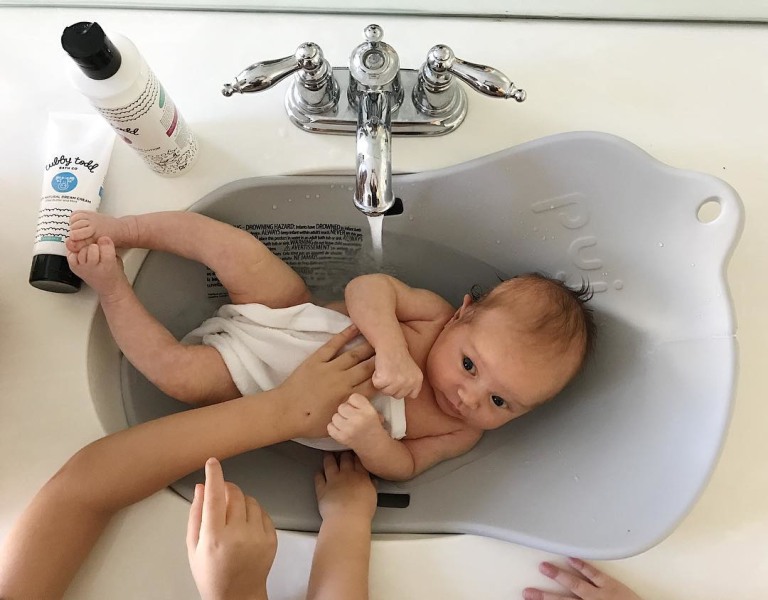 7 to 5 ounces (80 to 150 mL). By 6 months — when you can introduce little sips of water — they can generally hold about 7 ounces (207 mL) at a time.
7 to 5 ounces (80 to 150 mL). By 6 months — when you can introduce little sips of water — they can generally hold about 7 ounces (207 mL) at a time.
Even between 6 months and 1 year of age, the amount of water you give your baby should be very limited. It’s more for them to get the taste and experience of water rather than for any real medical purpose like hydration. After all, formula and breast milk are very hydrating — and also give your little one what they need to grow and thrive.
Another very serious risk of giving babies water before they’re ready is water intoxication.
Hold the front door. Water — toxic?
Absolutely. In fact, water can be toxic to anyone if drunk in large quantities. But unsurprisingly, “large” is very relative to size and age here. An adult with healthy kidneys, for example, would have to drink several liters in a short period of time to get to the point of water intoxication.
That said, it does happen to people, particularly soldiers and athletes, who tend to be in situations where they can become dehydrated quickly and then overcompensate.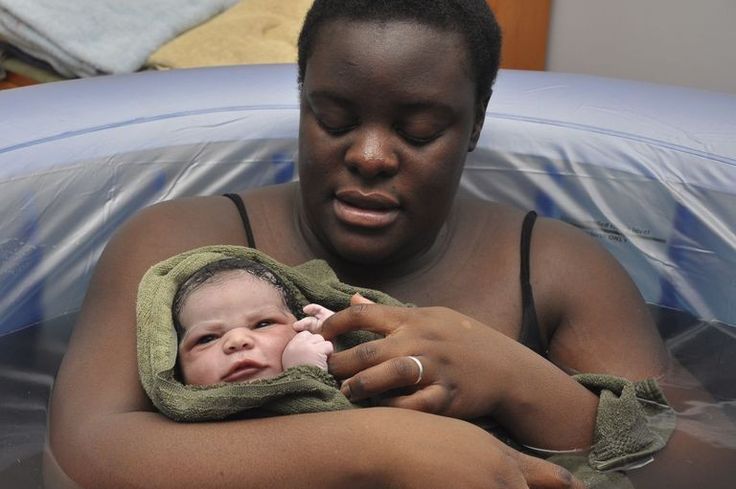
In short, when the kidneys are given more water than they can handle, the excess water ends up in your bloodstream. This dilutes the fluid in your bloodstream and lowers the concentration of important electrolytes, like sodium. Too much dilution and you’re at risk for hyponatremia, which literally means too little (hypo) salt in the blood (natremia).
And baby kidneys can’t handle as much water as adult kidneys — not by a long shot. In addition to being much smaller than an adult’s kidneys, a baby’s kidneys are also not as developed. So they can’t process as much water at a time.
So giving a baby younger than 6 months even a moderate amount of water in a short period of time can lead to hyponatremia, which at its most dangerous can cause brain swelling and even death. In fact, because the brain is still developing as well, the swelling can happen more easily in an infant with hyponatremia than in an adult with hyponatremia.
A dangerous equation
Remember: Tiny tummy + immature kidneys + developing brain = Avoid giving babies water until they are 6 months of age
The thing is, most parents aren’t filling bottles with water and giving them to their infants.
The risk comes from things that you might not even give a second thought.
For example, while many swimming schools don’t offer lessons to babies under 6 months, some will start them as young as 4 months. There’s nothing inherently wrong with introducing a baby to the pool if it’s done safely — but without the proper precautions, babies can swallow pool water and experience water intoxication as a result.
Another seemingly harmless act that can lead to trouble is diluting formula or breast milk. Going back to our hydration scenario, it might seem to make sense to mix more water into your baby’s formula powder on a hot day. But don’t do this — it deprives baby of nutrients and can also lead to them getting more water than their kidneys can handle.
Because formula and breast milk are calorie rich, they stay in the body longer rather than overwhelming the kidneys. As a nice side effect, staying in the body longer also means they’re good at keeping your little one hydrated — no extra water needed.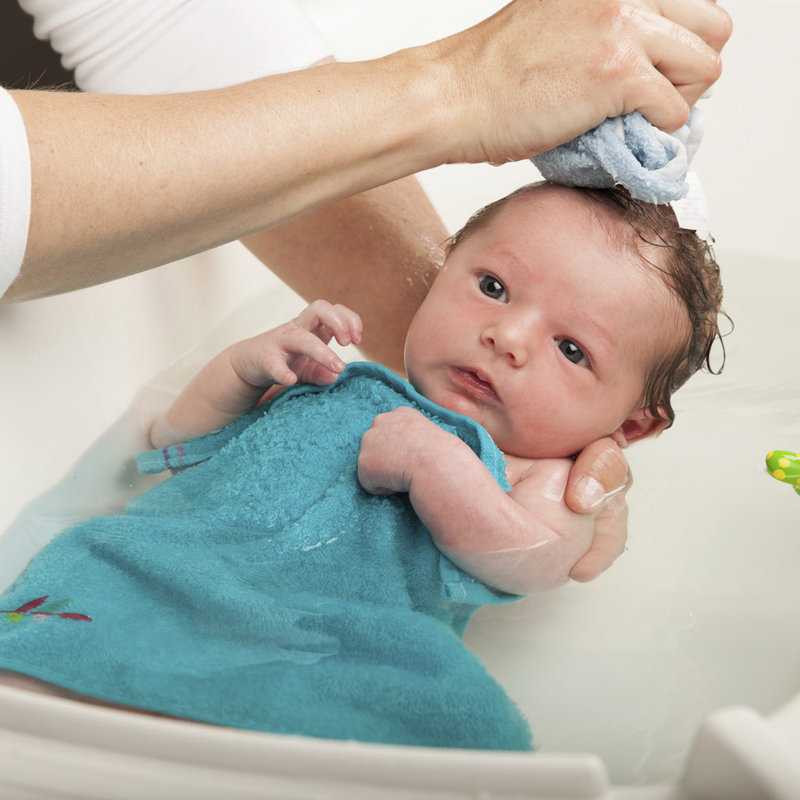
At around 6 months of age, it’s OK to introduce small amounts of water — we’re talking on the teaspoon or tablespoon scale, not the full-bottle scale. It’s a good time to start introducing the concept that thirst can be quenched with water, but your baby’s main source of hydration (not to mention nutrition) should continue to be breast milk or formula.
Most babies will see water as a sort of novelty at this age and still prefer their milk. Some might even balk at the taste and make a face, especially if they were expecting something else! That’s OK — this will change.
By 1 year old, your baby — who’s just about a toddler, if you can believe it! — can have water in larger quantities as they want it, along with cow’s milk and a nutritious diet.
Related: When can baby drink water?
Talk to your pediatrician if you have any concerns about your baby’s hydration or their readiness for water. Depending on if your baby was born prematurely or has certain health conditions, your timeline for introducing water may vary.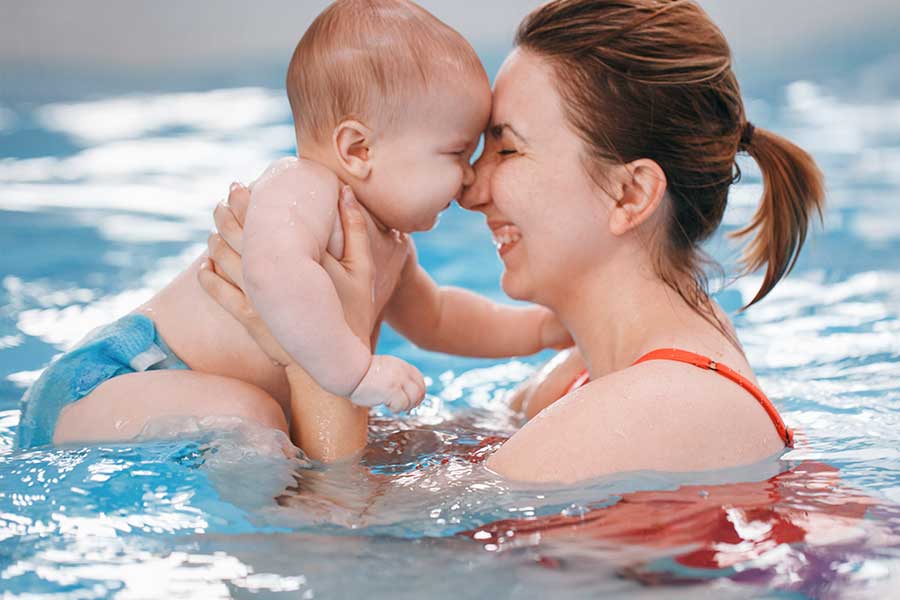
In addition, if your baby shows any of these signs of water intoxication, head to the hospital immediately:
- inconsolable crying
- vomiting
- lethargy
- seizures
- tremors
Fortunately, parents are usually aware — by word of mouth or from their pediatrician — that they shouldn’t give young babies water. But now you also know the why behind the guideline.
when, how much and what kind of water to give a newborn and children with breastfeeding and artificial?
Does a newborn baby need water? This question worries many young mothers, while the recommendations of doctors differ: some believe that the baby does not need any additional fluid, while others argue that the child needs water. Let's try to figure out how and when to give your baby water and how water for newborns differs from ordinary drinking water.
Breast milk is both food and drink for the baby, since it is 90% water and in the first weeks of life it is able to maintain the fluid balance at the required level.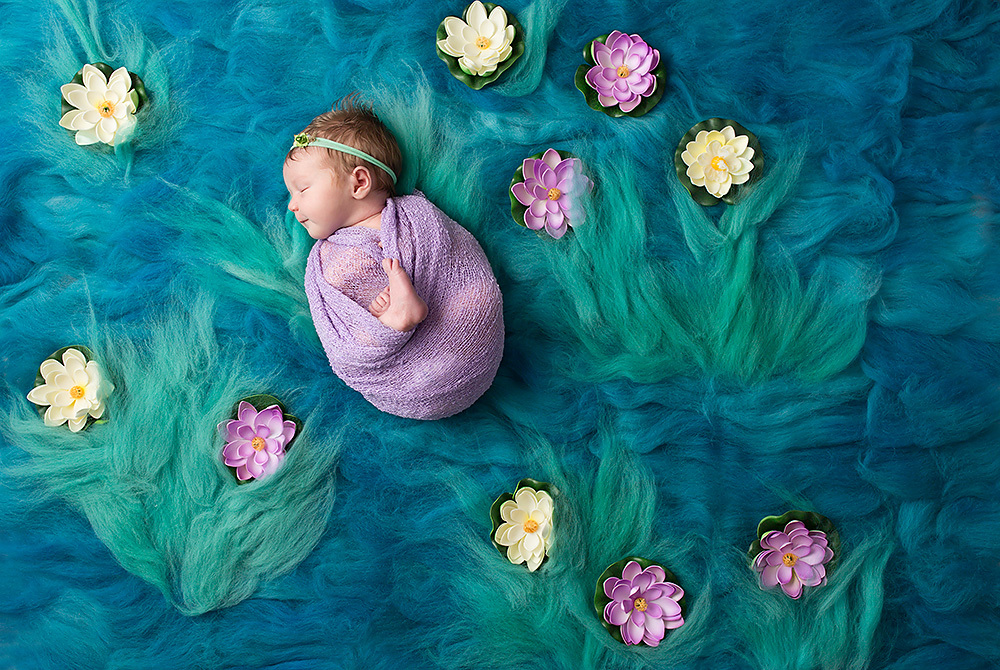 Mother's milk helps the process of digestion, as it contains all the enzymes necessary for this. Moreover, the mother's body is able to very accurately adapt to the needs of the child, adjusting the composition of milk depending on the situation. For example, if a baby needs more fluid, he will breastfeed more often and, as a result, receive more unsaturated foremilk, which quenches thirst and restores electrolyte balance.
Mother's milk helps the process of digestion, as it contains all the enzymes necessary for this. Moreover, the mother's body is able to very accurately adapt to the needs of the child, adjusting the composition of milk depending on the situation. For example, if a baby needs more fluid, he will breastfeed more often and, as a result, receive more unsaturated foremilk, which quenches thirst and restores electrolyte balance.
It may seem that the child does not need water, but this is not so: there are situations when it is indispensable. Indeed, up to three months, babies should be given water only on the recommendation of a doctor. Babies older than four months can be fed quite calmly - contrary to popular belief, this does not lead to the child's refusal to breastfeed, and even more so to his exhaustion. If the baby drinks water with pleasure, there are no contraindications for this. But the lack of fluid for the baby is very dangerous - adults should not forget that the metabolic rate in newborns is very high and moisture loss is also significant.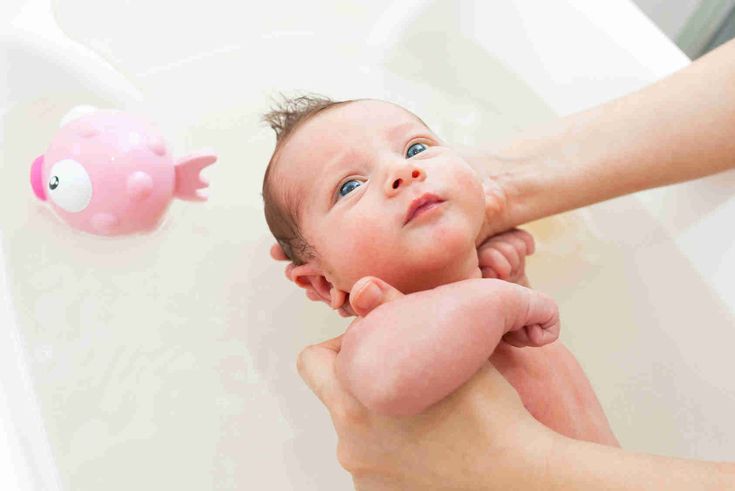
However, parents need to know when and how much water should be given to newborns and how the type of feeding affects fluid requirements.
Water while breastfeeding
Newborns can drink water from four to five months. It is better to do this between feedings - if the baby feels thirsty, he drinks water with pleasure. How much water can you give a newborn? Here, as in adults, everything is individual. Usually, pediatricians advise giving a certain amount of liquid per day with a calculation of no more than 100 ml per kg of weight, but this also includes breast milk. So the water, in fact, remains 30-70 ml.
You can feed your newborn from a bottle with a nipple or even from a spoon – this will facilitate the introduction of complementary foods later, because the baby will already know how to use a spoon. But the most important rule is voluntariness: if the child is naughty and does not want to drink, you should not insist.
Water with formula or formula feeding
Formula feeding differs markedly from natural feeding - infant formula contains much more protein than mother's milk, so the baby needs additional fluids.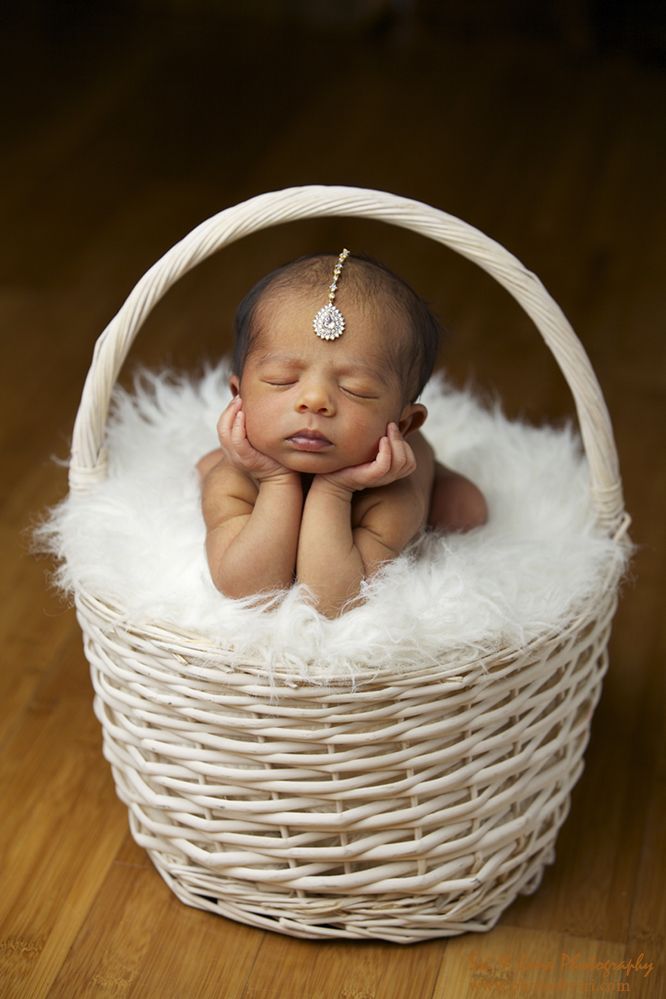 Lack of water, especially when feeding too rich formula, can lead to constipation in children. The extra water will help empty the bowels and make your baby feel better.
Lack of water, especially when feeding too rich formula, can lead to constipation in children. The extra water will help empty the bowels and make your baby feel better.
With artificial or mixed feeding, water can be given earlier than with breastfeeding. Unlike formulas, which should be 36-37°C, the water can be slightly cooler: 26-30°C in the first one or two months of life, and at an older age - about 20°C.
All paediatricians agree that with the introduction of complementary foods, water becomes essential. Usually, babies who received only milk or formula before the introduction of complementary foods begin to drink solid food only after one to two months. And babies, accustomed to water, are not capricious and drink it with pleasure after each feeding.
When is water given to newborns?
Babies should be given water some time after meals and between feedings. Do not forget that the volume of the child's stomach is very small, which means that he simply cannot drink a large amount of water at once - a few teaspoons will suffice for a start.
In some situations, the need for fluid increases. Most often, overheating and very dry indoor air leads to a lack of moisture. Many parents are so afraid of colds in a child that they wrap him in clothes and do not observe the temperature regime in the children's room, which leads to a decrease in air humidity and dehydration of the baby's body. The optimal temperature for a nursery is 20 ° C, and humidity is 50–70%. Dry air leads to increased breathing, a decrease in the protective functions of the body, difficulty swallowing and colic. And in summer, in hot weather, overheating is added to all these problems, because of which the child sweats and loses precious moisture. It is easy to determine the first signs of dehydration: this is rare urination (normally - about 20 times a day), dryness of the mucous membranes, skin, tongue. In such a situation, water is simply necessary.
Many paediatricians recommend giving newborns water to drink even when they are sick - with fever or colic, which are easily recognized by tucked up legs, a tense tummy and restlessness of the child.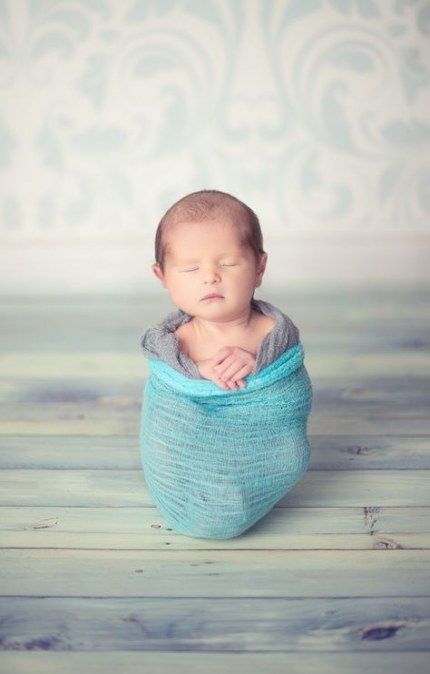 A few sips of warm water can also help with hiccups.
A few sips of warm water can also help with hiccups.
What kind of water should I give my baby?
Boiled water and water from open sources
Many parents believe that children should drink boiled water, but this is a misconception. Boiling leads to the destruction of only part of the bacteria, in addition, such water contains in excess chloride compounds that are very harmful to young children. Water from open sources is also dangerous - it may contain a high content of nitrates and bacteria from the soil and other harmful impurities. And, of course, babies should not be given healing mineral or sparkling water.
In addition, water from ordinary filter jugs designed to purify water for adults is not suitable for infants.
Bottled water
Baby water is sold in pharmacies and supermarkets. As a rule, on the bottle it has a special marking and information that this product has been tested by the Russian Academy of Medical Sciences.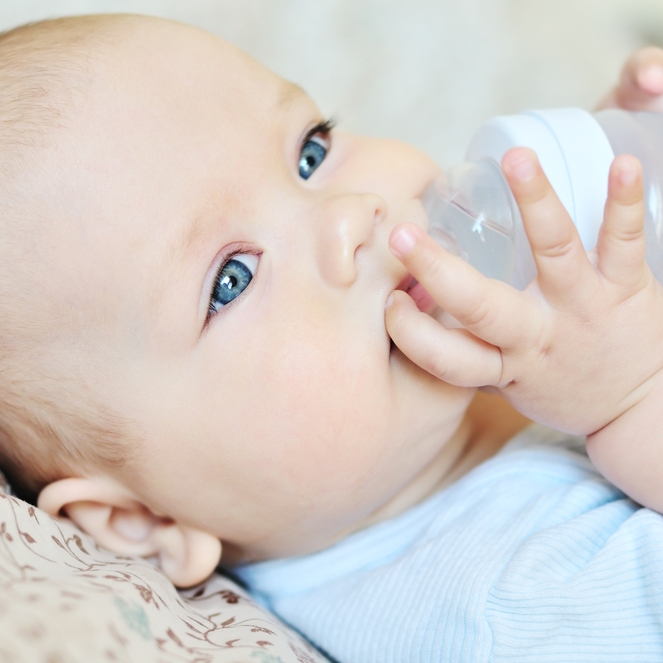 Water for a baby is different from the usual "adult" drinking water. In particular, other requirements for the content of minerals are imposed on it:
Water for a baby is different from the usual "adult" drinking water. In particular, other requirements for the content of minerals are imposed on it:
- total minerals less than 200–300 mg/l;
- calcium - less than 60 mg/l;
- potassium less than 5–20 mg/l;
- sodium less than 20 mg/l;
- magnesium - less than 10-35 mg/l.
Boiling such water is not required, but it can be stored only for a day from the moment of opening and always in the refrigerator. The best container for bottled baby water is a glass bottle or polycarbonate container (bottles made of this material are marked with the number seven on the bottom).
Specially filtered water
Regardless of the brand of bottled baby water and price, it is impossible to be completely sure of its quality. Alas, there are also unscrupulous manufacturers, in addition, product quality may suffer during improper transportation or poor storage conditions.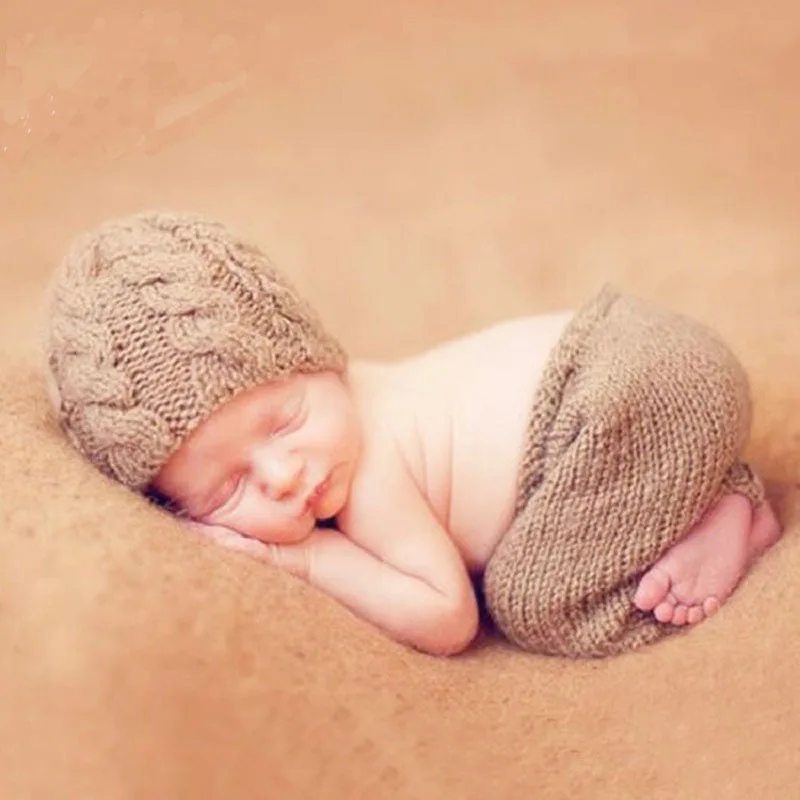
Many parents, striving to give their children the best from the first days of their lives, “prepare” children's water on their own. Purifying water with quality home filters allows them to be sure that the filtered water does not contain harmful chemicals and bacteria. Moreover, advanced filters enrich the water with the necessary microelements that a growing child's body needs so much. Using water purification systems, parents themselves control its quality - this gives them the opportunity not to doubt the result. Filtering water at home is somewhat similar to making fresh juice: in both cases, the consumer can follow the process and get a natural and fresh drink. Meanwhile, it is impossible to control the technological process in large-scale production, and it is not known exactly how useful such a product is.
Another benefit of using home filters is their cost-effectiveness. Water obtained by home filtration is ten times cheaper, although it is not inferior in quality to water from a supermarket, and often even surpasses it.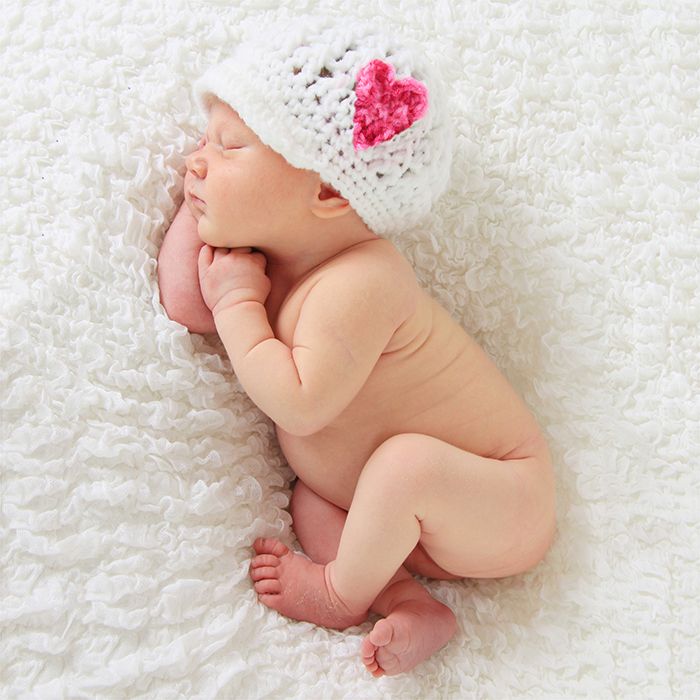 It is suitable both for feeding the baby, and for preparing milk mixtures and cereals for him. For its natural taste and crystal purity, older children will also love it, for whom water filtered according to all the rules will also be very useful.
It is suitable both for feeding the baby, and for preparing milk mixtures and cereals for him. For its natural taste and crystal purity, older children will also love it, for whom water filtered according to all the rules will also be very useful.
Water should be included in a child's diet from birth. It is vital that it undergoes thorough mechanical and biological purification and has a balanced composition of useful substances. When using bottled water, it is useful to carefully read the information on the label. As with any other product, it is advisable to take a bottle with a fresh production date. When using filtered water, keep an eye on the expiration date of the filter, clean or replace the elements of the device in a timely manner.
Everything about supplementing a child in the first year of life
“To drink or not to drink water to the baby,” many young parents ask this question. Someone is trying to give water to babies, someone is categorically against supplementation.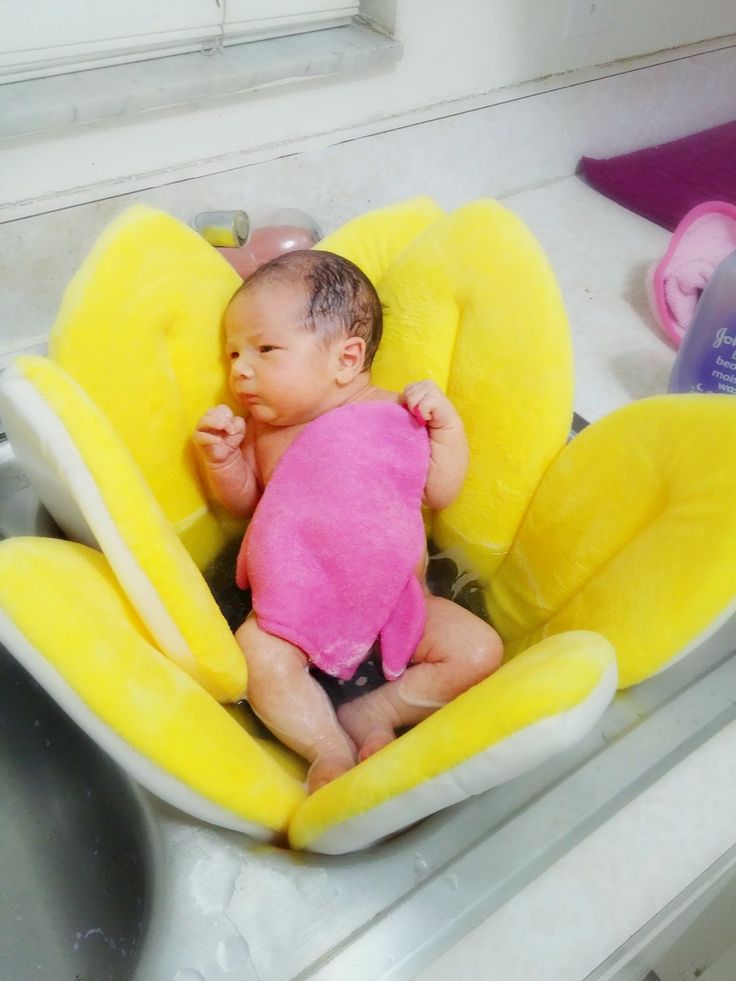 We understand from a scientific point of view whether it is necessary to give water to a newborn.
We understand from a scientific point of view whether it is necessary to give water to a newborn.
What is the function of water
Water is a universal solvent. Without sufficient intake of it into the human body, not a single system or organ will be able to perform its functions. What is it for?
| Function | Description |
| Transport | Water serves as a medium for dissolving a wide variety of chemicals. With its help, the body is supplied with the necessary nutrients and gets rid of metabolic products. |
| digestive | Without it, digestion is impossible. Enzymes that break down complex molecules of proteins, fats and carbohydrates are water-soluble substances. |
| Regulatory | It regulates many metabolic processes, is responsible for homeostasis and the constancy of the internal environment of the body, maintains the desired body temperature and removes heat. |
There is no single norm for water consumption per day. On average, it is believed that a person should consume at least 35 ml of fluid for every kilogram of body weight. This volume also includes liquid from food - fruits, vegetables, soups, and so on.
Wetting a breastfed baby
Pediatricians of the old school and the older generation often insist that even a newborn baby should be given at least a teaspoon of clean water a day. However, there is no scientific basis for these recommendations:
- The excretory system of a newborn is not yet fully mature to absorb and excrete pure water. This can adversely affect the kidneys of the baby.
- An infant's fluid requirement is between 100 and 500 ml, depending on its birth weight. A teaspoon and even a tablespoon of liquid against this background is lost and cannot play any significant role in the metabolism of the baby.
- In regions where the mother cannot control the quality or purchase bottled water, supplementation can lead to intestinal and parasitic infections.
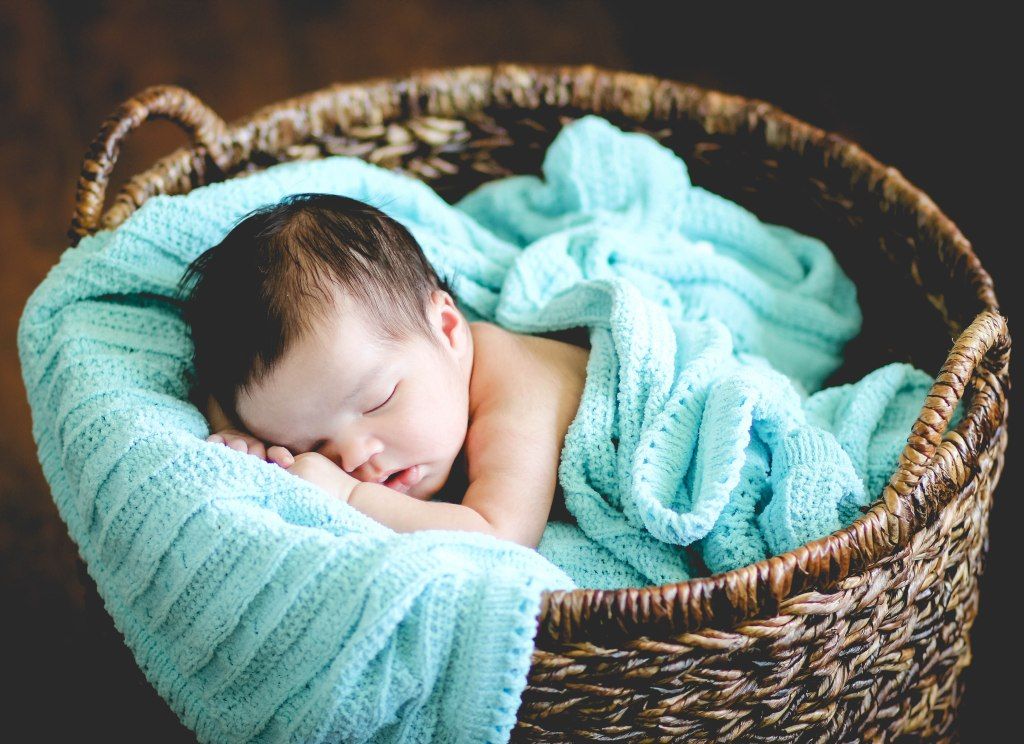
When a mother feeds her baby on demand, the baby does not need additional fluids. If necessary, you can increase the number of attachments or help the baby spend more time at the breast.
Supplementation can result in health problems for the baby. However, in some cases, additional fluid may be required. Our doctors remotely or by phone will help you understand when the child needs supplementation, and will advise on all issues related to the health of the baby.
Mixed and bottle fed water
It is not always possible for a mother to keep breast milk or have a desire to breastfeed her baby. In this case, artificial substitutes or adapted mixtures come to the rescue. It is believed that such mixtures are similar to breast milk, so formula-fed or mixed-fed babies also do not need to be supplemented.
However, some pediatricians recommend offering supplemental fluids to formula-fed babies when they reach one month of age.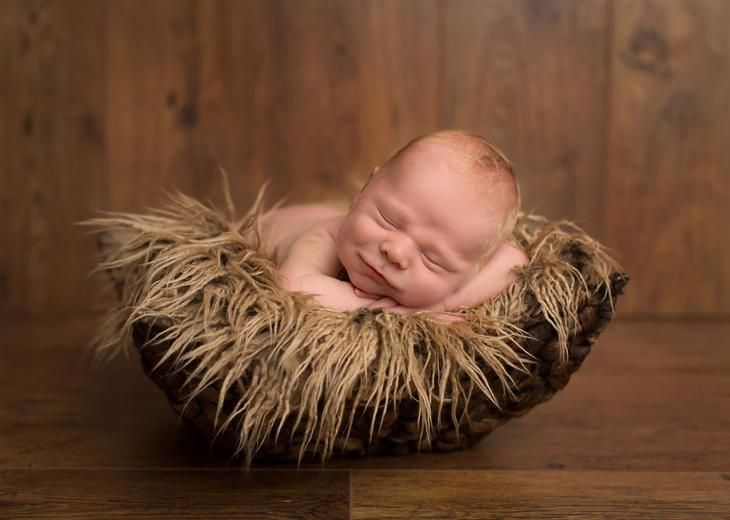 It is best to give water after or between feedings, as excess fluid before feeding can reduce the amount of formula a baby eats.
It is best to give water after or between feedings, as excess fluid before feeding can reduce the amount of formula a baby eats.
Important! If the child shows signs of dehydration, drink water. However, it is necessary to supplement not with clean fresh water, but with special registration solutions, which contain minerals necessary to maintain blood composition.
When can I supplement my baby with water
However, there are situations when supplementation is necessary for a child. Offer liquids begin after the baby begins to introduce complementary foods. At this age, the baby should be given only pure water without additives. It is not recommended to drink tea, juice, whole milk and other sweet or unsweetened drinks for a child under one year old.
In addition, an infant may need additional fluid in the following situations:
- heat;
- vomiting or diarrhea;
- heatwave;
- signs of dehydration.
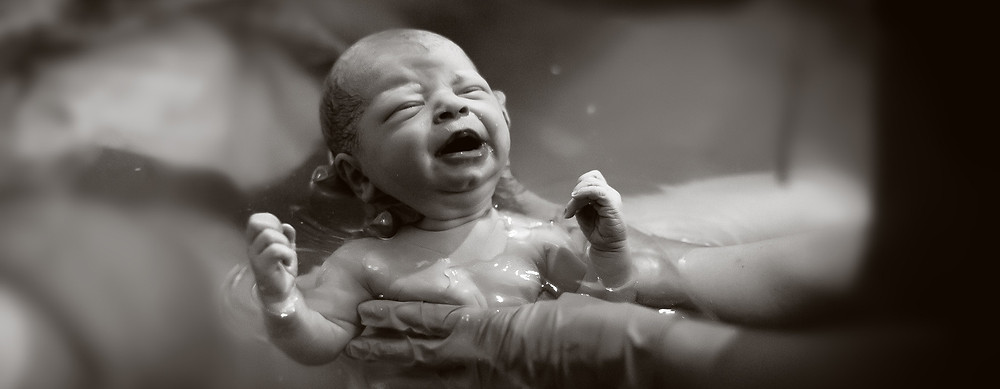
You can suspect a lack of fluid by dryness of the skin, a decrease in the number of urination or urine volume. Even with mild dehydration, urine becomes dark and has a strong odor. To see if your baby is getting enough fluid, you can do a wet diaper test.
To do this, you need to remove the diaper from the baby and estimate the number of urination, as well as the approximate volume of urine for each of them. In newborns, this number should match the number of days the baby lives. After 2 weeks after birth, the number of urination should be at least 12.
Read also How to introduce complementary foods
FAQ
Does a newborn need water while breastfeeding?
+
The World Health Organization does not recommend supplementing children with any form of feeding. It is believed that breast milk and an adapted formula contain enough liquid for the baby.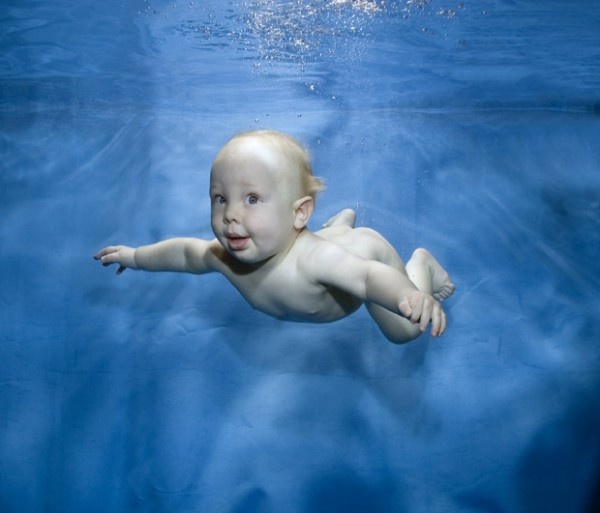
At what age do you need to give your baby water to drink?
+
You can start supplementing after the introduction of complementary foods. At this age, you should not give your baby any other drinks other than pure fresh water. For the first addition, it is better to use bottled water.
Why can't a newborn be given water to drink?
+
In regions where it is impossible to control its quality, water can become a source of intestinal and parasitic infections. Also, supplementation can affect the baby's kidneys.
How to understand that the child has enough fluid?
+
To do this, you need to conduct a wet diaper test - remove the diaper and calculate the amount and volume of urine. Newborns should write as many times as they are days old. Two weeks after birth, the number of urination should not fall below 12 times a day.
